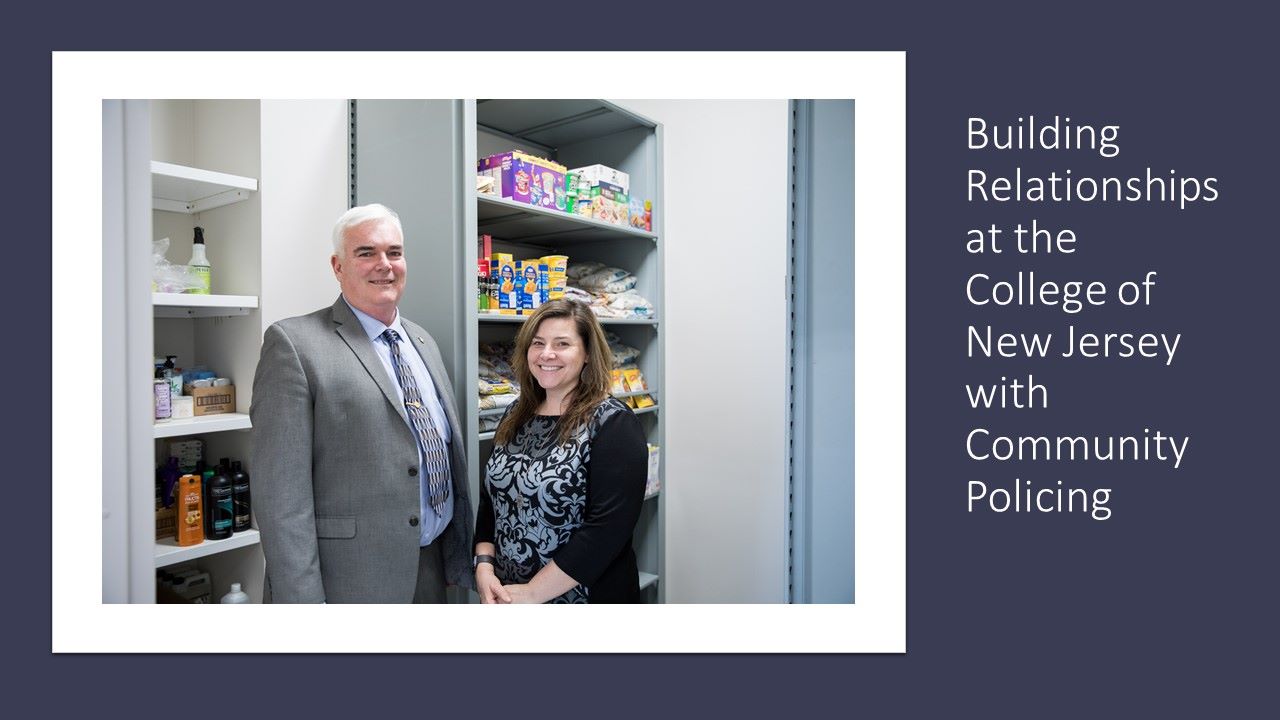You can watch or listen to the full podcast interview above. If you prefer to listen on-the-go, you can download the podcast to your mobile device on iTunes and Spotify! Make sure to follow or subscribe on your platform to be alerted of the latest episodes as soon as they become available.

Campus Safety Voices, available on Spotify and Apple streaming platforms, features timely conversations on a wide range of topics affecting K-12 schools, institutions of higher education, and healthcare facilities.
Community policing is a critical component of college campus law enforcement. When campuses embrace this type of approach, it enables their police departments to develop and maintain relationships with everyone on campus, especially with communities that historically have had challenging experiences with law enforcement.
Because of this, the College of New Jersey has implemented its Community Law Enforcement Affirmative Relations (CLEAR) Unit.
In this interview, I speak with Tim Grant, who is the College of New Jersey’s chief of Campus Police Services, as well as one of this year’s Campus Safety Director of the Year finalists.
Grant explains that there is a growing need for community policing or CLEAR units on college campuses.
“We’re at a place in policing now where we need to build relationships, and New Jersey has the most diverse population in the country,” he says. “On college campuses, there is a growing population of non-traditional students, first generation students and we’ve had a spike in mental health concerns.”
The school’s CLEAR Unit helps the campus police department to more effectively communicate and work with with the wide variety of individuals on campus, including members of the African American, Muslim, Sikh, Asian, Latino and LGBTQ+ communities. Grant and his team have also added training on unconscious bias incidents, mental health first aid, suicide, resiliency, de-escalation and more.
Grant says service, respect and dignity are core values of his department.
“We are the community caregivers on campus,” he says. “Police officers have a heart for public service. With every applicant that I interview to be a police officer, we ask why they want to be in police work, and they all say the same thing: ‘I want to help people.’ And my answer is, ‘You came to the right place because that’s what we do here.’”
In his interview, Grant explains what CLEAR is and the overall results of his school’s community policing efforts.
[promo_content slug=”2021-csc-texas-doy-promo”]









